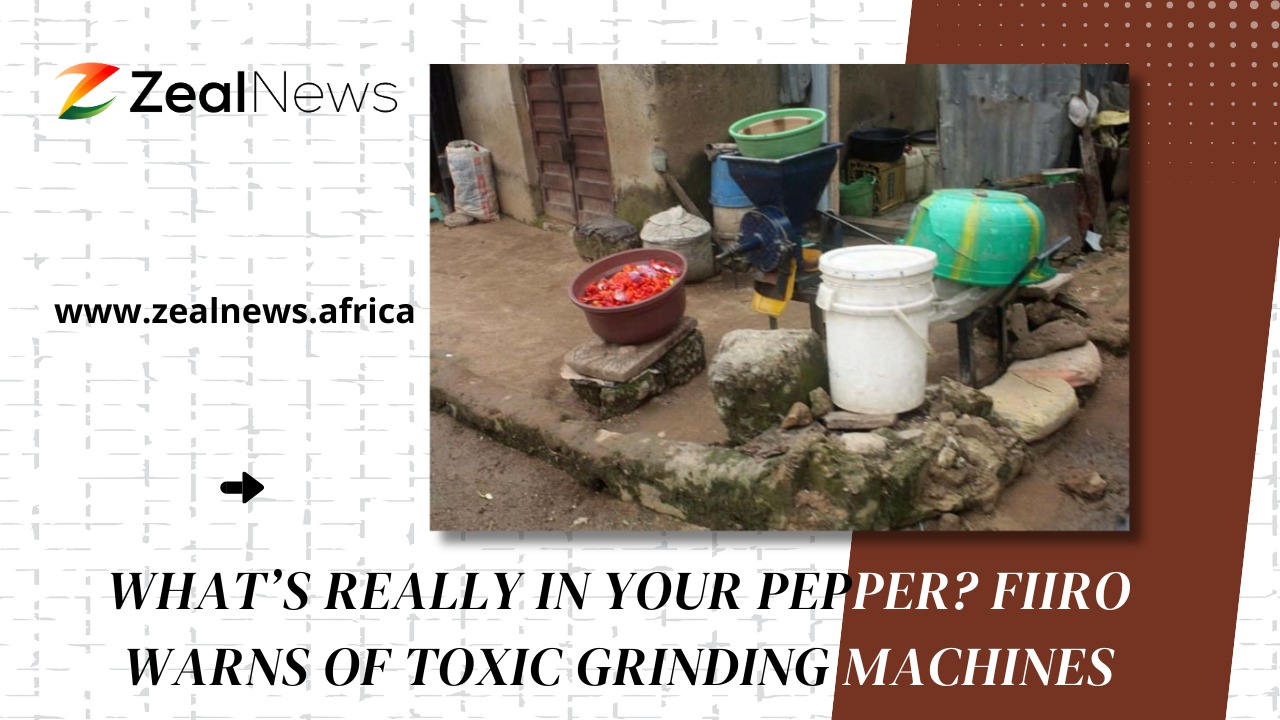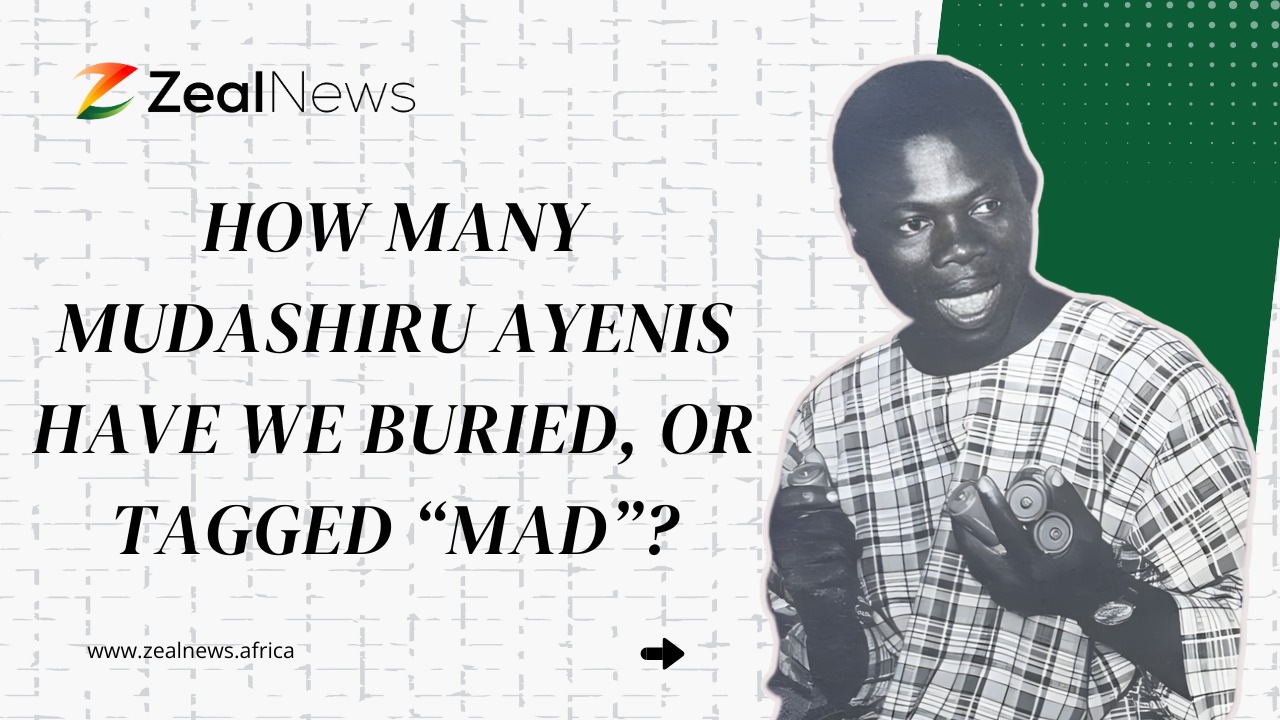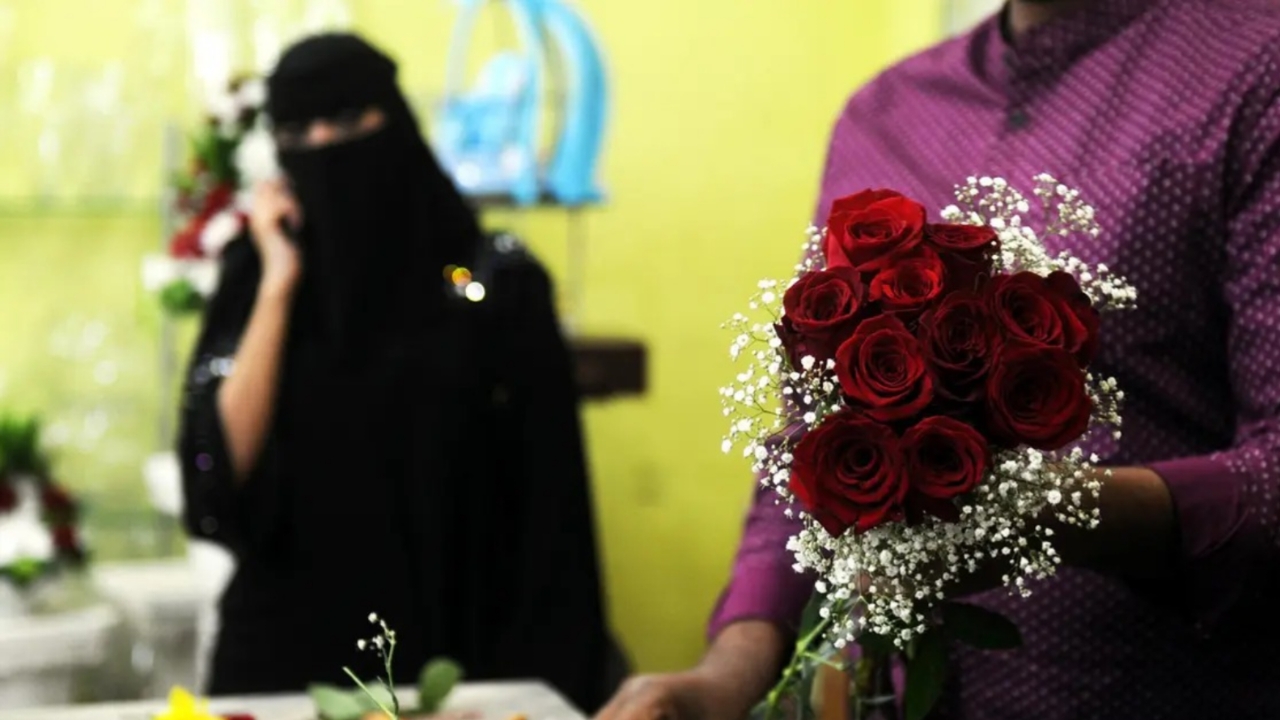The Role of African Languages in Preserving Indigenous Knowledge
.jpeg)
Language is more than a tool for communication: it is a vessel for history, wisdom, and memory. In Africa, where knowledge has long been passed orally from generation to generation, language carries the stories of identity, science, culture, and tradition.
But as globalisation surges and dominant languages like English, French, and Arabic take centre stage, Africa risks losing not just its languages—but the rich knowledge systems stored within them.
Language as a Living Archive
African languages hold answers to local healing practices, environmental awareness, spirituality, ethics, and philosophy. In Yoruba, the phrase ogbon inu (inner wisdom) speaks of a moral intelligence that isn’t taught but developed. In Igbo, proverbs are vehicles for truth, warning and encouragement: “He who fetches firewood infested with ants invites the lizard for dinner” is a subtle call for self-awareness and consequence.
These expressions are not easily translated. Once the language dies, much of the layered meaning dies with it. Indigenous languages are living archives: they hold the worldview of the people and the wisdom that has sustained them.
Every African language carries within it a living archive: a breathing documentation of its people’s evolution, struggles, rituals, and ways of seeing the world. It is not static—it adapts with time, absorbing new realities while anchoring old truths. In many cultures, oral traditions have preserved entire histories, encoded within proverbs, songs, and folk tales.
The Medium article reminds us that language is tightly wound around identity. The way we speak shapes how we see ourselves and how others perceive us. For African communities, the continued use of mother tongues resists the flattening effect of globalisation. It insists on the legitimacy of ancestral memory, ensuring that knowledge passed through generations doesn’t get lost in translation.
As we safeguard African languages, we are also safeguarding entire epistemologies—those rooted not in textbooks but in lived, local experience. Preserving them means preserving who we are.
The Threat of Linguistic Erasure
Photo credit: pinterest
There are over 2,000 languages spoken in Africa—some estimates even push that figure to 3,000. Yet, many are endangered. Urbanisation, formal education systems, migration, and colonial legacies have placed local languages in competition with “global” ones. Students are often punished for speaking their native tongue in school, as though fluency in English or French is the only way to demonstrate intelligence.
This has created generations of Africans who are fluent in foreign languages but struggle to express indigenous ideas in their mother tongue. The detachment from mother languages is not merely a linguistic issue; it's a detachment from ancestral knowledge.
In Africa, language is more than just a medium of communication: it is a vessel of identity, wisdom, and cultural memory. Yet, hundreds of indigenous languages across the continent are slipping into extinction. This erasure is not accidental—it is a direct consequence of colonial influence, where European languages like English, French, and Portuguese were positioned as superior and tied to success, governance, and education.
Culture
Read Between the Lines of African Society
Your Gateway to Africa's Untold Cultural Narratives.
According to insights from Number Analytics, language extinction globally is deeply connected to issues of power and race. When dominant cultures impose their language, they strip marginalised communities of their native tongues, severing ties to their ancestral knowledge and spiritual frameworks.
In Africa, this dynamic is evident as younger generations increasingly favour colonial languages for mobility, leaving native dialects behind.
The loss of language is the loss of worldviews. Every tongue that disappears takes with it a library of untranslatable wisdom—stories, proverbs, philosophies, and customs that have no equivalent in Western epistemologies.
Efforts to revive indigenous African languages are essential not just for cultural preservation, but for healing the historical wounds inflicted by systemic erasure.
Knowledge in the Tongue, Not Just the Book
Photo credit: Pinterest
Traditional medicine, for instance, is taught through apprenticeship and rituals, described in languages that capture the context of use. A word for a plant in Kamba may come with a song about its harvesting season, its spiritual significance, and its toxic properties when misused. Strip that context—and you're left with incomplete knowledge.
Similarly, agricultural wisdom—knowing when to plant by watching the moon, or interpreting the sound of certain birds—relies heavily on local names and metaphors.
Western science may chart rainfall patterns with satellite data, but indigenous language-based knowledge can predict droughts by observing insect behaviour.
African languages are not merely tools of communication—they are carriers of a different kind of knowledge: lived, applied, and orally transmitted. Unlike Western frameworks that prioritise written documentation, African systems of knowledge have thrived through observation, storytelling, and spoken memory.
The IntechOpen study reinforces that oral traditions encapsulate scientific knowledge, environmental intelligence, and ethical systems. This knowledge often exists in local languages, shaped by context and community.
To dismiss these tongues is to dismiss the wisdom they protect—wisdom not yet written in books but deeply embedded in lived reality.
How Globalisation Complicates This
Today, African youths scroll through TikTok and YouTube where English dominates. Our classrooms teach science in foreign terminology.
Culture
Read Between the Lines of African Society
Your Gateway to Africa's Untold Cultural Narratives.
Even Google Translate doesn't offer support for most African languages. As a result, many youths grow up unable to think critically or philosophically in their native tongue.
And when a language can’t handle complex ideas or evolve with the times, it begins to feel “static” or “useless.” That’s how it dies: not suddenly, but slowly, from neglect.
Ironically, African communities increasingly prefer foreign languages for prestige. This contributes to the perception that African languages are inferior or irrelevant in modern society.
What We Lose When a Language Dies
Photo credit: Pinterest
When a language dies, we lose the worldview it represents. We lose the way a people understand justice, love, illness, farming, or child-rearing. We lose stories, riddles, metaphors, and methods of negotiation. Most importantly, we lose memory—how a people survived droughts, governed clans, birthed babies, settled conflicts, and built spiritual resilience.
We also lose alternatives. Why lean only on Western definitions of health, law, or happiness when our own languages carry centuries of perspective? By allowing indigenous languages to disappear, we erase our own toolkit for navigating life.
When a language disappears, it’s not just words we lose: it’s memory, cultural nuance, and an entire worldview.
Languages encode how communities interpret time, space, relationships, and nature. The YouTube explainer highlights that each language represents a distinct lens through which its speakers see the world—one that becomes irretrievable once lost.
The De Gruyter study adds that languages play a crucial role in activating shared cultural knowledge efficiently. Losing one isn't just a linguistic blow, it's an epistemological collapse—a break in the chain of communal reasoning and inherited wisdom.
The Case for Revitalisation
Photo credit: pinterest
Thankfully, there’s a growing movement across Africa to revitalise native languages. In Kenya, Sheng—a hybrid of Swahili, English, and local dialects—is a symbol of youth culture and rebellion.
Culture
Read Between the Lines of African Society
Your Gateway to Africa's Untold Cultural Narratives.
In South Africa, isiZulu is seeing renewed interest in schools and local media. Nigeria has launched radio stations and podcasts in Igbo, Yoruba, and Hausa that target the urban youth.
In Senegal, Wolof has increasingly become a language of education and the arts. Tanzania has adopted Swahili as a unifying national language. These movements show that revitalising African languages is not just possible—it's already underway.
Reviving endangered languages is no longer just a cultural ambition: it is a global movement. Language revitalisation involves teaching, reintroducing, and supporting languages at risk of disappearing—especially among younger generations. According to Wikipedia, successful cases like Hebrew and Māori show that political will, community involvement, and education can reverse extinction trends.
A 2022 study in Multilingualism and Society highlights how language revival can also be a form of political resistance and healing, especially for communities recovering from colonial trauma.
Tech to the Rescue?
Technology might be the unexpected hero here. AI models are being trained to understand African languages. Apps like U-Dictionary, SpeakYoruba, and Tumbili offer language learning in engaging formats. Nollywood and African YouTube creators now post content in native languages with subtitles, making the language cool again.
More innovations are needed: voice assistants that understand Amharic, online encyclopaedias in Shona, and Wikipedia articles in Wolof. Local tech start-ups can play a huge role by building software interfaces in African languages and training chatbots to respond in them.
Education Must Lead the Way
To truly preserve indigenous knowledge, African schools must reimagine their curriculum. Language should not be relegated to “vernacular” periods or used only for greeting elders. Students should learn biology, geography, and maths in both English and their mother tongue—especially in lower classes.
Countries like Ethiopia have experimented with mother-tongue instruction at early levels. The results? Higher retention and comprehension. That’s not a coincidence—children learn best when taught in a language they think in.
National exams could incorporate sections in local languages. Storybooks and science texts could be dual-language. Even teacher training colleges must equip future educators with the tools to teach bilingually.
Making Language Modern
It’s not enough to just preserve language. It must evolve. We need new words in Igbo for “algorithm,” in Setswana for “climate change,” in Fulfulde for “mental health.” Language must stretch to accommodate modern science, technology, and gender discourse.
Writers, linguists, coders, and educators must collaborate to translate African realities into our native tongues—because when our languages can describe our present, they become tools for shaping the future.
Some cultural groups are already documenting endangered words and meanings. The Endangered Languages Project and UNESCO’s Atlas of the World's Languages in Danger are useful starting points. But Africa needs homegrown efforts to create dictionaries, glossaries, and academic journals in our languages.
Culture
Read Between the Lines of African Society
Your Gateway to Africa's Untold Cultural Narratives.
Conclusion: Speak It or Lose It
Africa’s development story must be written in African languages—not just about them. We cannot depend solely on foreign tongues to narrate our journey, solve our problems, or preserve our identities.
Whether it’s a grandmother’s folk tale, a healing chant in a forest, or a proverb whispered during conflict—our languages contain wisdom we’re yet to rediscover.
To protect indigenous knowledge, we must speak, write, read, code, and teach in African languages. It’s not a favour to culture—it’s a necessity for survival. We must start where we are: teaching children their native tongue, supporting content creators, investing in local tech, and reforming education.
Because when an African language thrives, the knowledge of an entire people thrives with it.
You may also like...
When Sacred Calendars Align: What a Rare Religious Overlap Can Teach Us

As Lent, Ramadan, and the Lunar calendar converge in February 2026, this short piece explores religious tolerance, commu...
Arsenal Under Fire: Arteta Defiantly Rejects 'Bottlers' Label Amid Title Race Nerves!

Mikel Arteta vehemently denies accusations of Arsenal being "bottlers" following a stumble against Wolves, which handed ...
Sensational Transfer Buzz: Casemiro Linked with Messi or Ronaldo Reunion Post-Man Utd Exit!

The latest transfer window sees major shifts as Manchester United's Casemiro draws interest from Inter Miami and Al Nass...
WBD Deal Heats Up: Netflix Co-CEO Fights for Takeover Amid DOJ Approval Claims!

Netflix co-CEO Ted Sarandos is vigorously advocating for the company's $83 billion acquisition of Warner Bros. Discovery...
KPop Demon Hunters' Stars and Songwriters Celebrate Lunar New Year Success!

Brooks Brothers and Gold House celebrated Lunar New Year with a celebrity-filled dinner in Beverly Hills, featuring rema...
Life-Saving Breakthrough: New US-Backed HIV Injection to Reach Thousands in Zimbabwe

The United States is backing a new twice-yearly HIV prevention injection, lenacapavir (LEN), for 271,000 people in Zimba...
OpenAI's Moral Crossroads: Nearly Tipped Off Police About School Shooter Threat Months Ago
ChatGPT-maker OpenAI disclosed it had identified Jesse Van Rootselaar's account for violent activities last year, prior ...
MTN Nigeria's Market Soars: Stock Hits Record High Post $6.2B Deal

MTN Nigeria's shares surged to a record high following MTN Group's $6.2 billion acquisition of IHS Towers. This strategi...






